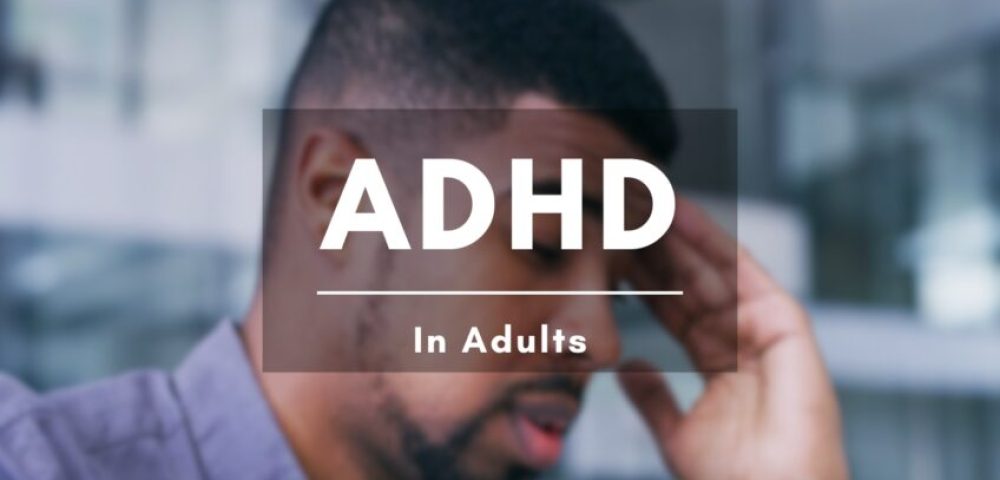People commonly assume ADHD to be a childhood disorder only that gradually diminishes with advancing age. In reality, research has shown that the prevalence of adult ADHD is significant and growing, affecting millions of people across the globe.
Attention deficit hyperactivity disorder is a mental health condition that affects a person’s behavior. While many helpful solutions are available, people usually do not receive the proper treatment at the right time. It can cause negative consequences in the long run, as discussed below.
Page Contents
Adult ADHD: Signs and Symptoms
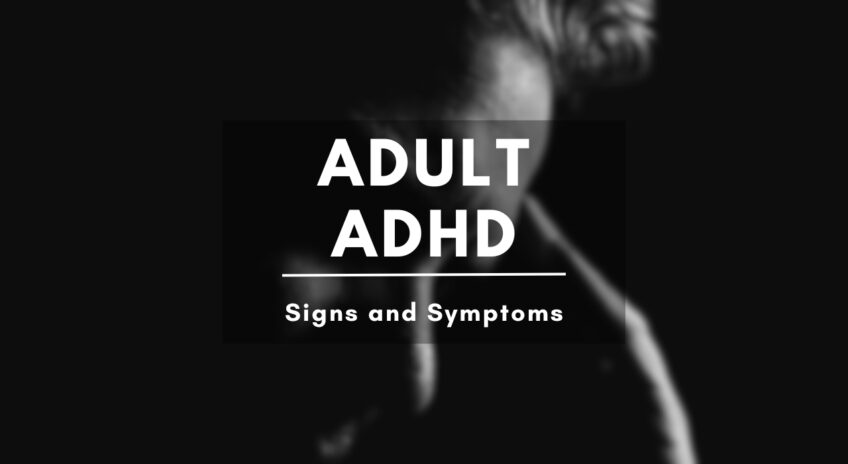
Symptoms may persist into adulthood from childhood, evolving over time. For example, adults with the disorder tend to be more inattentive than hyperactive. The most common adult ADHD signs and symptoms are the following:
- Difficulty concentrating and maintaining focus.
- High distractibility.
- Difficulty following instructions.
- Poor organization skills.
- Difficulty completing tasks.
- Interrupting others as they speak.
- Speaking out of turn.
- Difficulty keeping quiet.
- Often misplacing and losing things.
- Restlessness, fidgeting, and excessive talking.
- Quick temper, irritability, and mood swings.
- Extreme impatience.
- Difficulty dealing with stress.
- Acting with no thought about long-term consequences.
Risks and Dangers of Leaving ADHD Untreated
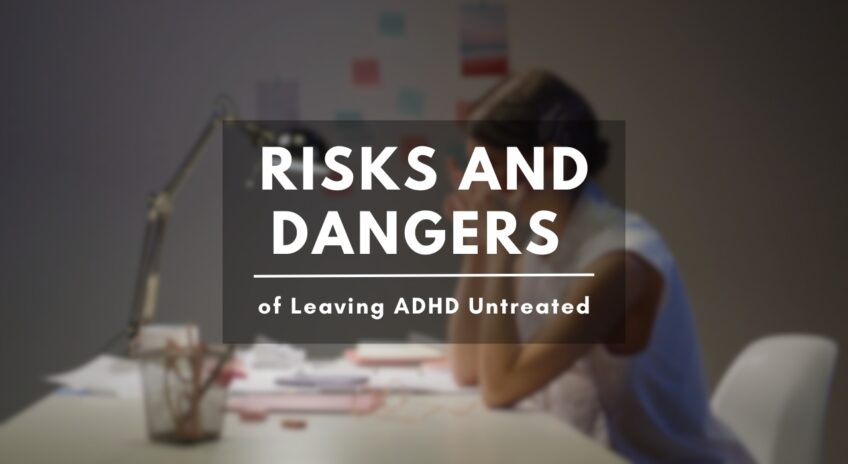
While it is a common condition, adult ADHD is often left undiagnosed and untreated. As mentioned, ADHD in adults may look a little different from what it does in children, which is one of the reasons why it’s often undetected and undiagnosed.
Other factors contributing to a lack of proper care and support include insufficient awareness of the disorder and mental health stigma.
Non-treatment can have a significant impact not just on the person with the disorder but also on those around them. Some of the associated risks and dangers are disclosed below.
While gaining insights into the symptoms and risks associated with untreated ADHD in adults, it’s worth exploring effective ways to boost dopamine naturally, using natural supplements and proven techniques as discussed in our comprehensive article.
Difficulties Navigating Relationships
People with ADHD may tend to zone out during conversations, forget birthdays and anniversaries, and be impulsive. Unintentionally blurting out hurtful statements, interrupting your partner while they speak, and having common emotional outbursts are other signs of ADHD that can strain relationships.
All these can make it challenging to create and maintain strong social bonds.
Some studies report lower overall marital satisfaction among spouses of people with ADHD compared to those whose partners don’t have the disorder. This dissatisfaction stems from having to make more marital adjustments. Similarly, these exact causes can lead to strained parent-child interactions.
Children whose parents have ADHD may get easily frustrated with the parent’s behavior, especially when they don’t fully understand why their parents act the way they do.
Job Instability and Hindered Career Growth
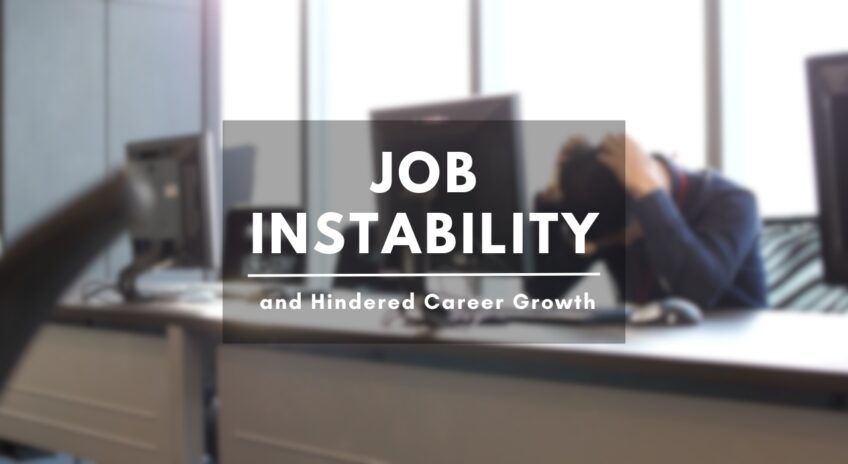
The disorder can make it more difficult for an individual to perform their job effectively. An individual who needs help paying attention to instructions, working with other team members, and meeting deadlines may not be the most productive at work.
Disorganization is a primary consequence of leaving ADHD untreated and can affect work life in various ways. These include jumping from one task to another without actually completing any, not being able to break down complex tasks into smaller steps, and allowing workspaces to get cluttered.
These challenges can make it difficult to hold down a job and may hinder career growth.
Poor Financial Management
Inattentiveness, impulsiveness, and distractibility can contribute to poor financial decision-making. Such individuals are likely to spend more impulsively and may not think much about having a budget and savings.
They may also forget to pay bills. When all of this is coupled with the challenges of holding down a job, adults with untreated ADHD are more likely to be financially dependent on others.
Treatment Options
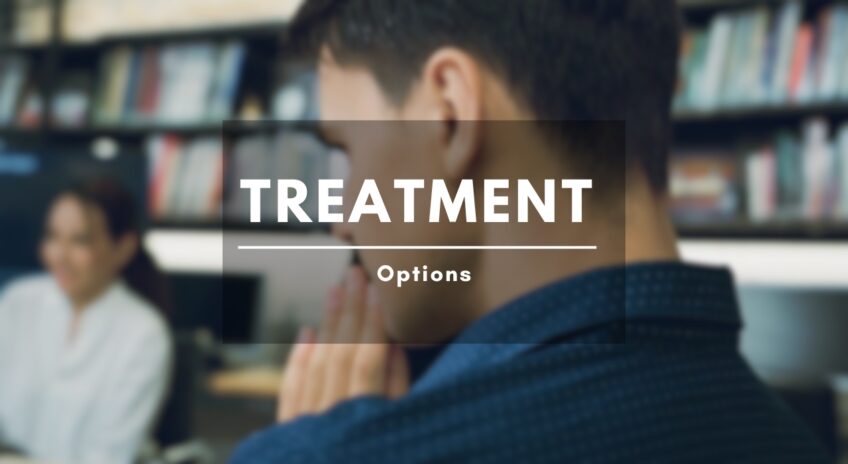
Different treatment options are available for adults with ADHD, including medications, therapy, and lifestyle changes. With appropriate support, individuals can thrive both in personal and professional areas; finding the proper treatment and care can completely transform their lives.
Today, you can get holistic care through online services that offer professional help for ADHD, such as EZCare Clinic.
Medication
Medication is often the number one choice for adults with ADHD. After seeing a mental health professional, a person may get a stimulant medication prescription, which helps regulate brain activity. These medicines include Adderall, Ritalin, Concerta, and others.
Some people have a low stimulant tolerance; in that case, the doctor might recommend non-stimulant ADHD drugs. Non-stimulants may also be the best option if stimulant medication has proven ineffective for a particular person.
Some examples of these medications include Kapvay, Strattera, and Qelbree. Antidepressants, such as Wellbutrin and Effexor, can also be prescribed.
Cognitive-Behavioral Therapy

This structured and goal-oriented form of talk therapy helps individuals to recognize unhealthy thought patterns and behaviors. With the guidance of a qualified therapist, individuals can replace these thought patterns and behaviors with healthy and beneficial ones.
Cognitive-behavioral therapy also helps to develop practical ways of dealing with the challenges of adult ADHD. These lifestyle changes may include:
- Limiting screen time.
- Practicing stress-management techniques.
- Spending more time with supportive people.
- Learning to break down big tasks.
Adults with ADHD who undergo cognitive-behavioral therapy report improving impulse control, time management, and staying organized. Medications help manage inattention, hyperactivity, and impulsivity, while therapy helps develop healthy coping strategies.
Support Groups
It helps to know that you aren’t alone in your struggles. Adults with ADHD can feel isolated and overwhelmed as they try to cope with its inherent challenges. Support groups provide a safe space to share their experiences and encourage each other on how best to navigate through life with ADHD.
Seek Treatment Today
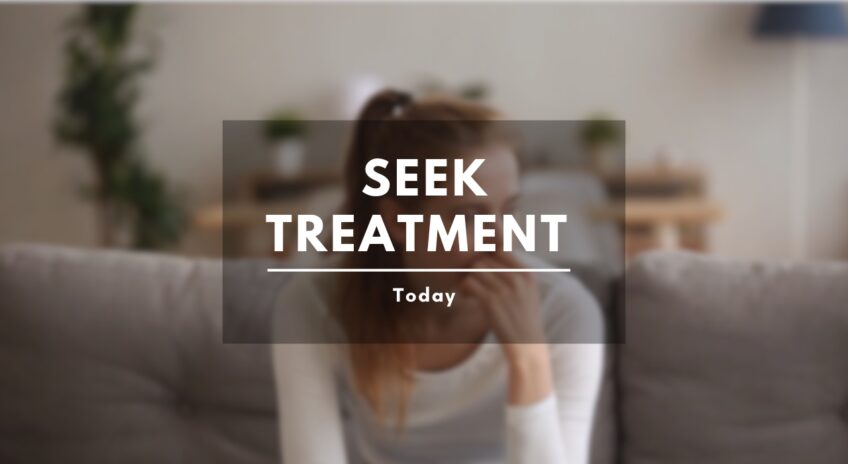
Untreated adult ADHD can significantly impact various aspects of life. Getting the correct diagnosis and treatment can improve the quality of life and help to avoid the long-term effects of untreated ADHD.
A combination of different treatment options has proven most effective, and timely treatment can completely shift things around for adults with ADHD and, by extension, those around them.
Anyone who believes they could have undiagnosed ADHD should see a doctor. After an initial assessment, the doctor can recommend a personalized treatment plan based on individual signs and symptoms, overall health history, and treatment goals.

